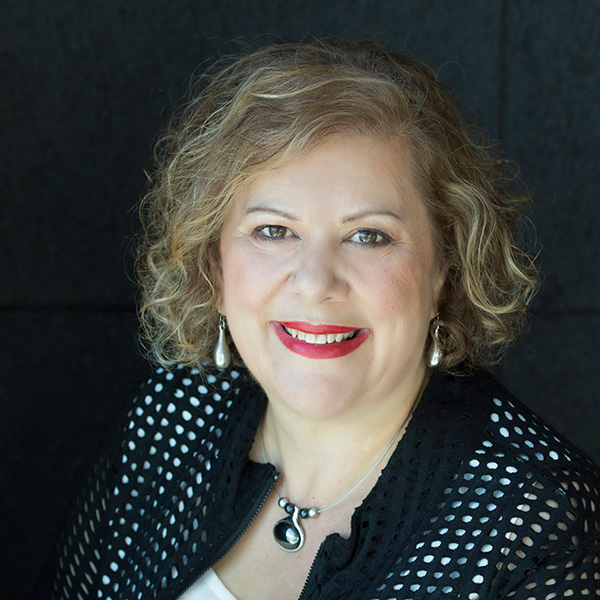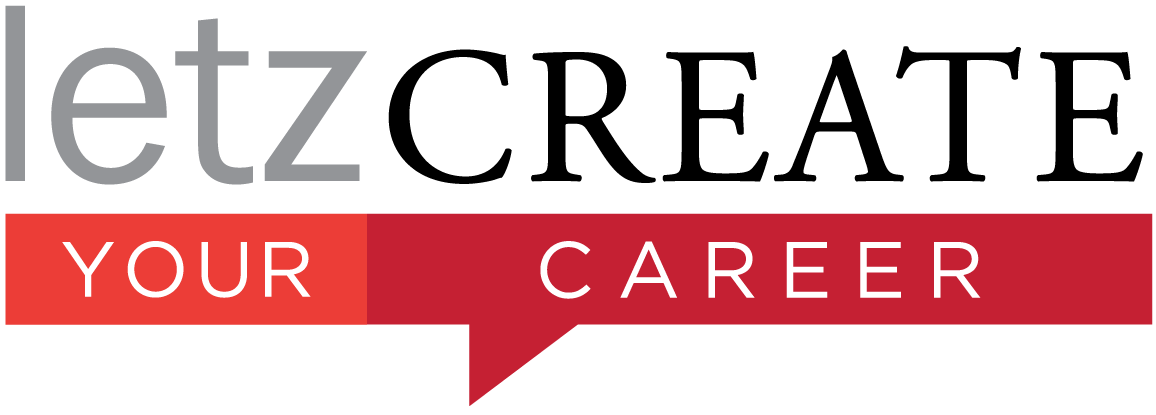I’ve enjoyed a number of key events over the last month that have really got me thinking about where I am at in terms of helping my clients with their careers. In case you haven’t noticed, there’s a lot of change happening in many industries across Australia. Some of this change is necessary and inevitable and a lot of it is causing some challenges and angst for my clients. The marketers and futurists are calling the significant changes that are happening across a number of industries ‘disruption’.
I agree that this change is disruptive and have decided to share my thoughts with you about the role I see Career Coaches and Recruiters playing in this disruption of work and careers. By being more aware and mindful of the different roles we can all play a role to help individuals deal with these changes. It is my hope that career coaches, recruiters and my lovely clients (current and potential!) read this and reflect on how they are navigating these changes and the related disruption in our working lives and how we approach career planning and the job search process.
The Expectations of Individuals Seeking a New Role
From where I sit, we have a long way to go as a Career Coaching industry before we can say we are actively partnering the clients who need us on their career journey. ‘How can you say this?’ I hear you ask. I’m not sure people really understand the role (or value) of a Career Coach. What I am observing is that when an individual does decide to make a change in their career or explore new roles, their first port of call is often a recruiter. While recruiters can be very helpful in the active job hunting phase (because they are the gatekeepers to job seekers interviewing for the job), there is a LOT of work an individual needs to do before they are ready to actively job hunt.
Most individuals realise this after a less than satisfactory experience once they have started applying for advertised roles through recruiters. It is no fault of the recruiters that this is not always a pleasant or satisfying experience. It is the lack of knowledge of the candidates that means their expectations, which are ‘Please help me’ is not matched up with their experience, which can sometimes be ‘I didn’t even hear back from the recruiter about why I didn’t get an interview’.
The Opportunity for Career Coaching Professionals
As Career Coaching professionals, I believe we need to ramp up our efforts to educate individuals about the role we can play in helping them get out of a job they are not enjoying, and developing a stronger action plan for getting themselves job search ready. In the process, we will also help make the recruiter’s job easier (you are welcome!) and ensure job seekers are in a much better place (emotionally and in terms of job search readiness) when they do actively seek new roles.
The Difference Between a Career Coach & a Recruiter
To help do this, I’ve prepared the table below that explains the differences (as I am currently observing) between a Career Coach and a Recruiter. To make these observations relatable, I’ve used some of the language you might expect to see in a role profile.
|
Key Outcomes |
Key Responsibilities | KPIs |
Client |
|
| Career Coach |
|
|
|
Job Seeker / Candidate |
| Recruiter |
|
|
|
Organisation |

I am a passionate Career Coach who works with individuals in the explore and search phase of their career journey, helping you realise your strengths through my career coaching and training programs. I enjoy showing people the path to greater career satisfaction and providing insight and tools to help you make your next career move.



